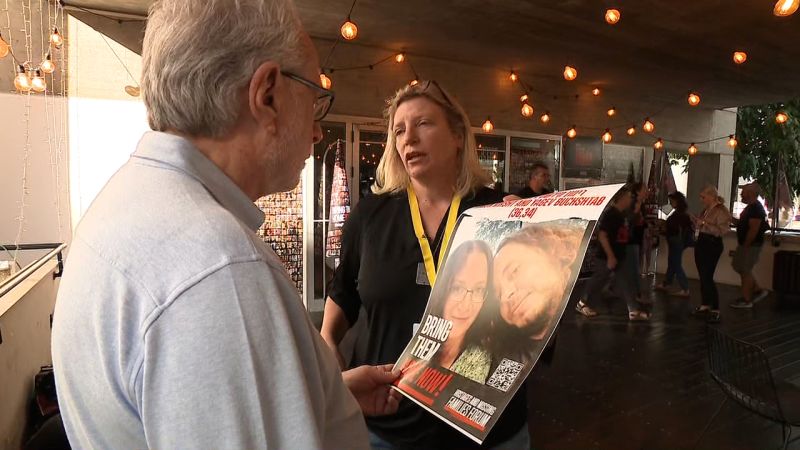
More than two months after Israel agreed to a ceasefire with Hamas, the first testimonies of Israeli citizens who were held by the militant group for years are emerging. The men were both taken hostage in separate incidents in 2012, and were only released after years of negotiations in exchange for the release of Hamas fighters and other prisoners.
According to their testimonies, the conditions they were kept in were often extreme, with inadequate supplies of food and water, limited medical care, and the threat of violence and torture constantly looming over them. The hostages were kept in small, dark cells with no windows, and denied any contact with the outside world, and were rarely ever allowed outside.
The hostages also revealed that their captors frequently threatened to kill them if their demands were not met, and subjected them to psychological torture. It appears that in one case, the hostage was even forced to dig his own grave as a form of intimidation.
It is difficult to comprehend the horror these hostages faced, and their testimonies serve to remind us of the human cost of armed conflicts. It is also a stark reminder of the importance of negotiation and diplomacy in resolving such crises, as these techniques are the only ones that can ensure the safe return of hostages without further violence.




